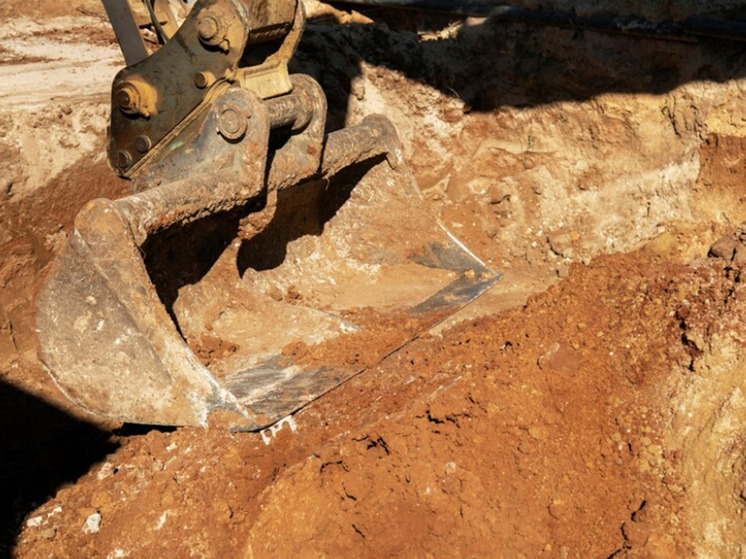The discovery will help to better understand the political system of ancient civilization
In Turkey, archaeologists discovered clay tablets dating back three thousand years. All of them were written in a previously unknown language during the Hittite kingdom, which existed in the second millennium BC. This find will tell the story of how the ancient civilization promoted “multiculturalism” and maintained political stability in the country.

In the heart of Anatolia, among the ruins of the ancient state — the Hittite kingdom, archaeologists have found amazing artifacts. They unearthed a collection of clay tablets with a mysterious script. Scientists believe that the findings will help reveal the secret of a lost language spoken three thousand years ago. Curious signs, unlike any known ancient language of the Middle East, may open the door to the mysterious Bronze Age principality of Kalasma, which once flourished on the outskirts of the Hittite kingdom.
According to The Independent, similar signs were found two months ago. It turned out that they were also written in a previously unknown Middle Eastern language. The current excavations are being led by Professor Andreas Schachner from the German Archaeological Institute in Istanbul, and the study of texts on clay tablets is being carried out by paleolinguists from the Universities of Würzburg and Istanbul.
“The history of the Bronze Age Middle East is only partially understood, and the discovery of additional documents on clay tablets tablets helps scientists significantly expand our knowledge,” says cuneiform expert Daniel Schwemer, who is leading the study of the newly discovered texts.
Archaeologist Andreas Schachner admits that he “feels the weight of history in his hands.” The secrets that the clay tablets keep can not only shed light on a forgotten era, but also connect modernity with antiquity.
Scientists are still figuring out how to translate them correctly. Schachner and his colleagues say they hope to crack the code and publish their results, along with the images, next year.
According to the Anatolian historian Tulin Cengiz, the royal archives of the Hittite state mention deities who were worshiped in Syria and Mesopotamia. “The acceptance of these gods without their own pantheon indicates the existence of a culture of tolerance,” the historian notes.
Modern ancient language scholars have now discovered that Hittite government officials preserved and recorded the religious documents of at least five subject ethnic groups. groups.
Historians, linguists and archaeologists have been trying for more than 100 years to translate the previously discovered Boghazköy archive, which contains more than 25 thousand ancient writings, including political correspondence, legal and religious texts in the Hittite language. The scientists suspect that the new tablets they have discovered will help strengthen understanding of the «state cult» of the ancient civilization and may «provide a detailed picture of the worship that the gods required.» Moreover, according to Andreas Schachner, they are much better preserved than the archive.
Borrowings such as cuneiform writing systems, traditions, and religion were likely a way to expand the kingdom's sphere of influence. For example, this affected the principality of Kalasma, which fought on the side of the Hittites against the Egyptian Empire in 1274 BC. The kingdom itself stretched from the Aegean Sea in the west to what is now northern Iraq in the east and from the Black Sea in the north to Lebanon in the south.
The problem for linguists is that the kingdom's civil service scribes wrote all their manuscripts in the Hittite version of a pre-existing script of Mesopotamian origin, which is the oldest writing system in the world. This system is known as cuneiform and consists of wedge-shaped lines arranged in groups representing syllables. It is noted that only about 5% of the tablets were written entirely or partially in the languages of the kingdom's ethnic minorities — peoples such as the Luwians, Palayans, Hutts and Hurrians.
Ongoing excavations in Turkey at the ruins of the ancient capital of the Hittite Empire also provide remarkable evidence that the civil service included entire departments devoted wholly or partly to the study of the religions of subject peoples.
Available evidence suggests that as early as In the second millennium BC, Hittite leaders ordered their officials to record the religious liturgies of subject peoples and other traditions in their respective local languages (but in Hittite script). It is believed that this was done so that these traditions could be preserved and included, in modern terms, in the multicultural environment of the empire, characterized by a high degree of inclusiveness.
The Hittite kingdom is also interesting to scientists because this civilization was fundamentally contributed to changing human history. Its technological innovations (the use of iron, the development of sophisticated ultra-light war chariots, and the creation of a significant civil service) allowed it to expand the scope of warfare and government, and to create larger empires.

























































Свежие комментарии